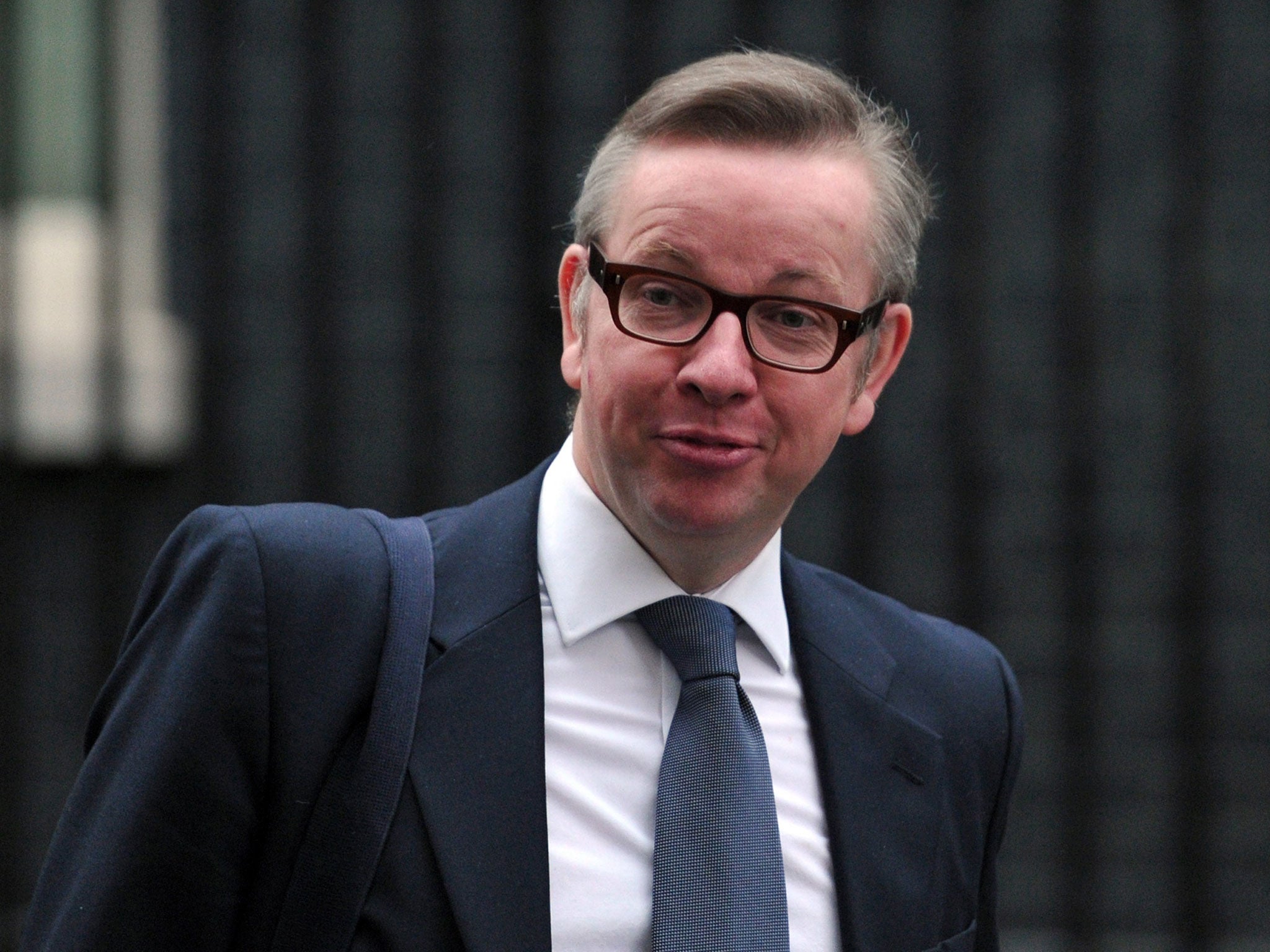Teachers threaten walkouts in row over Government salary shake-up
Teaching unions say members will expect them to respond to radical reforms in a "vigorous fashion"

Poorly performing teachers could see their pay effectively frozen for years on end while those who do well get bumper rises, under a radical shake-up of school salaries announced by the Government today.
In a move which teaching unions predicted could lead to widespread classroom walkouts ministers announced that all future pay rises above the £21,000 minimum would be entirely at the discretion of headteachers.
Schools will also be free to save on their staffing bill by not giving their teachers pay rises and diverting the money to other areas of expenditure.
The move will effectively end the national regulation of teachers' pay which has existed in England and Wales since the 1920s.
Two of the largest teaching unions who together represent nine out of ten classroom teachers are to meet next week to discuss their response to the plan. They already have a mandate to call strike action over pay and tonight said their members would expect them to respond “in a vigorous fashion”.
At present teachers get automatic pay rises of around £2,000 a year up to a maximum of £31,000. To rise beyond that they have to take on additional responsibilities up to a maximum pay rate of around £57,000 a year.
But under proposals from School Teachers Review Body (STRB) which has been backed by the Education Secretary Michael Gove this will all change.
In future beyond the minimum starting salary of £21,804 for a newly qualified teacher schools will be free to award pay rises entirely on merit. This will be determined by annual performance assessment reviews and in certain cases linked to pupil’s exam results.
The Government claims the move will allow headteachers the freedom to stop good teachers leaving the profession by increasing their pay significantly while not automatically giving pay rises to poor performers.
The proposals are now subject to consultation, and, if agreed, will be introduced in September next year.
“These recommendations will make teaching a more attractive career and a more rewarding job,” said Mr Gove.
“They will give schools greater flexibility to respond to specific conditions and reward their best teachers.
“It is vital that teachers can be paid more without having to leave the classroom. This will be particularly important to schools in the most disadvantaged areas as it will empower them to attract and recruit the best teachers.”
However unions argue that the proposals are unfai, will tie headteachers up in bureaucracy and end the “collegiate” atmosphere in schools.
Christine Blower, general secretary of the National Union of Teachers (NUT), said the plans would infuriate teachers.
“This is not the way we think schools should work,” she said.
“We already have a problem of retaining good teachers and one of the attractions of the profession has been the guaranteed rates of increment. Not only will this remove that but it will also tie headteachers up in time consuming bureaucracy when they could better spend their time running their school.
“There is already a huge amount of anger about the erosion of our members pay and conditions and while we would never take strike action lightly we obviously have an obligation to reflect the views of our members.”
Chris Keates, general secretary of the NASUWT added: “The war on teachers waged by the coalition government continues.
“If implemented, these recommendations would leave behind the wreckage of a national pay framework which will be incapable of delivering consistent, fair and transparent approaches to pay.”
However the National Association of Head Teachers (NAHT) welcomed the plan and said it was pleased a separate proposal for regional pay had been abandoned.
“Some deregulation of pay is bound to be controversial in the current climate but a reasonable balance has been struck,” said Russell Hobby, its general secretary.
”Progression on the basis of good performance is a sensible principle, if hard to implement, and is certainly the norm in most sectors. We feel this is sufficient to reward performance, without more radical and divisive elements like bonuses.”
The Chancellor's Key Points At A Glance
:: Britain’s economy expected to shrink by 0.1 per cent this year, rather than grow by 0.8 per cent as predicted in the Budget.
:: Austerity measures to last to 2018 – a year longer than expected.
:: Scheduled 3p-a-litre rise in fuel duty has been cancelled.
:: Most benefits will rise by 1 per cent rather than by inflation.
:: Tax-free income allowance to increase to £9,440, £235 more than previously announced.
:: 40 per cent tax threshold will rise by 1 per cent in 2014 to £41,865.
:: Whitehall departments to make a further £2.4bn of cuts.
:: Annual pension relief allowance to be cut from £50,000 a year to £40,000 – and the lifetime allowance cut from £1.5m to £1.25m.
:: Ministers to make an extra £10bn of savings after 2015.
:: Basic state pension to increase by 2.5 per cent to £110.15 a week.
:: Main rate of corporation tax cut by extra 1 per cent to 21 per cent.
:: Inheritance tax threshold to increase by 1 per cent.
:: No “mansion tax”.
:: London’s Northern Line to be extended; Newcastle-London A1 to be upgraded; 100 new schools.
:: New gas power stations; go-ahead for “fracking”.
Subscribe to Independent Premium to bookmark this article
Want to bookmark your favourite articles and stories to read or reference later? Start your Independent Premium subscription today.

Join our commenting forum
Join thought-provoking conversations, follow other Independent readers and see their replies